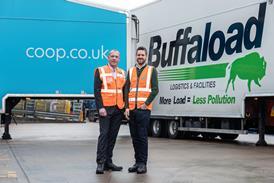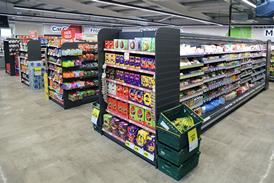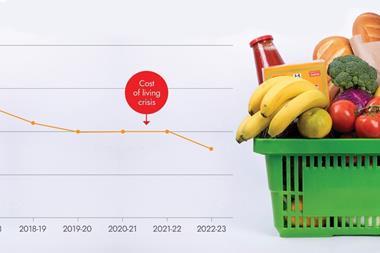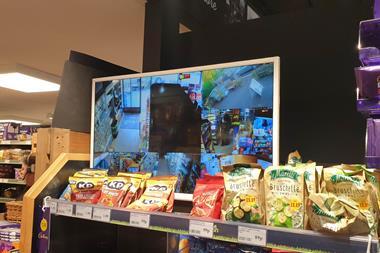
More than half (52%) of workers in the retail industry have said that the rising cost-of-living is impacting their mental health.
A new report by industry charity the Retail Trust which surveyed more than 1,500 people working in the industry, revealed a rise in incidents of staff theft, suicidal employees and abusive customers.
The study found that of the nine in 10 who say they are affected by the cost-of-living crisis, 21% are struggling to meet their monthly outgoings while more than a third (36%) say financial pressures are worsening their already poor mental health and 80% reported experiencing deteriorating mental health overall.
According to the survey, half of retail managers said there had also been a rise in staff absences in the last year due to mental health issues, with one HR leader saying she had dealt with more suicidal staff in the past 12 months than at any other point in her entire career: “It’s related to the financial landscape, loneliness, domestic abuse, housing and volatile relationships. There are more severely impacted people in the last couple of years.”
The rising cost of living has also sparked an increase in support being offered by retailers. The research found that one-third (33%) have issued pay rises that match or exceed rising inflation; half (50%) provide other forms of financial assistance, such as help to pay bills or providing advances on their salary and interest free loans and three-quarters (75%) offer financial education or money management advice.
The research found that retail workers’ mental health was also being affected by a rise in abuse from the public. Recent research by the Association of Convenience Stores found that 87% of colleagues working in convenience stores have experienced verbal abuse over the last year.
Commenting on the study’s findings, Chris Brook-Carter, chief executive of the Retail Trust, said: “The retail industry is the UK’s biggest employer outside of the public sector and one with a workforce whose wages are skewed to the lower end of the scale, making the cost-of-living crisis more acutely felt. Many retailers are taking steps to address this, such as by increasing wages, but there is a limit to what can be done given the tight margins of the industry and the rate at which inflation has been rising.
“Combined with other factors like an increase in abusive customers, this is all having a serious impact on the mental health of staff, with thousands continuing to face ongoing uncertainty, stress and risk of burnout without the support they need.
“We must work together to change this by raising awareness of where to get help, training managers to support their teams and giving people the tools to support themselves. Above all, we must listen. Employers who are prepared to ask the big questions and understand how people are really feeling in their organisation, and then act on this data, will be the ones who succeed in having an engaged, happy workforce.”
To help with this issue, the Retail Trust has published the ‘better you’ assessment which provides retailers with tailored data, insights and plans to manage wellbeing across their business whilst providing employees with a personalised programme of advice, tips and key actions designed by clinical specialists. It also gives employers access to comparative data across the retail industry and the wider business landscape to help them benchmark their progress.

































No comments yet